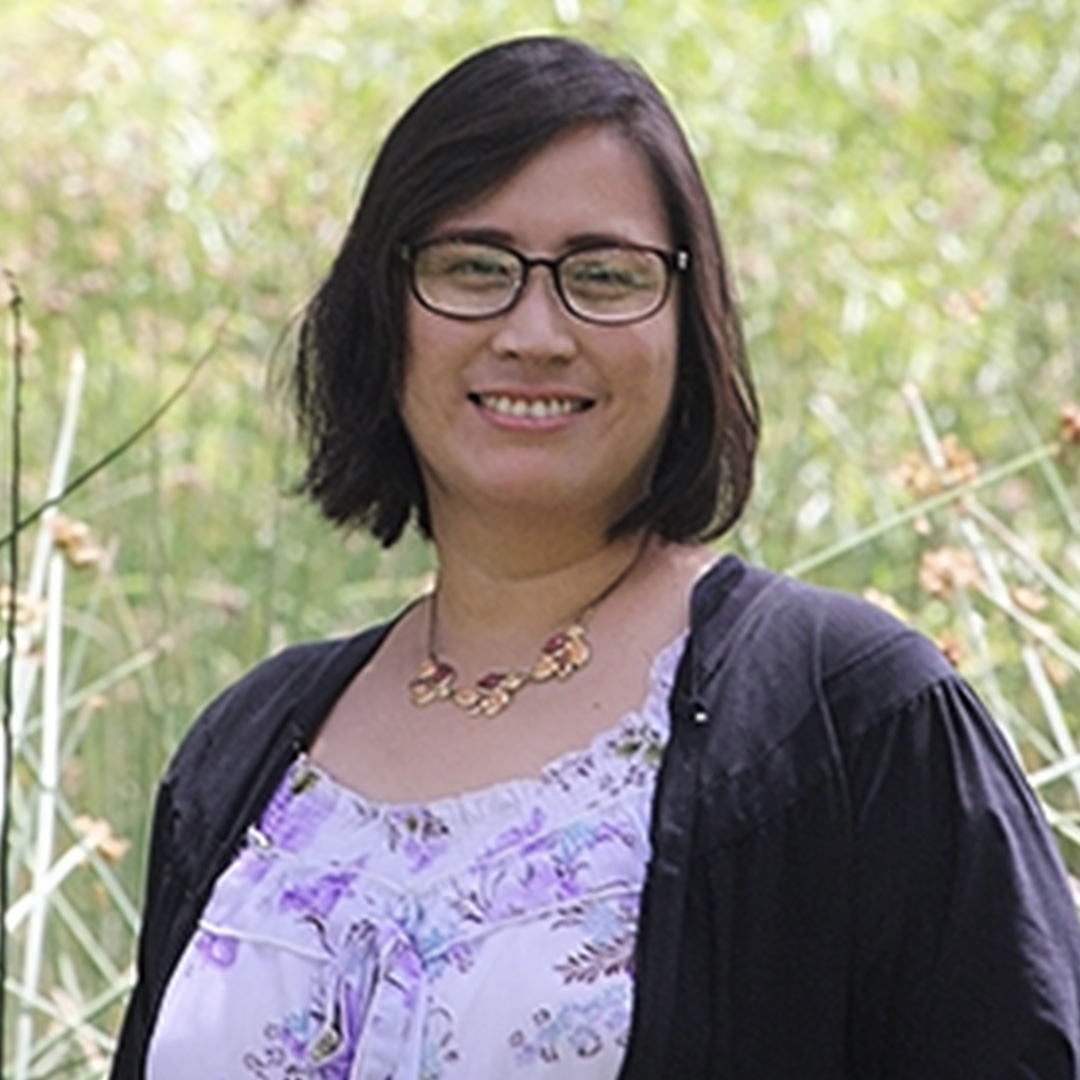
PhD (2016)
Jen is a Lecturer at Edith Cowan University (ECU) and affiliated with the Centre for Work and Wellbeing, one of ECU’s strategic research centres. She is a member of the School of Business and Law’s Human Research Ethics Review Subcommittee and has had her research published in reputable journal outlets including Human Relations, Journal of Vocational Behaviour, Journal of Career Assessment and Personality and Individual Differences.
Jen completed her PhD in Business at ANU in 2016. Her research interests include workplace passion and employee motivation, and supports and barriers in career development and employee wellbeing.
Prior to studying at ANU, Jen completed her Bachelor’s degree in Psychology and Master’s degree in Human Development Psychology from De La Salle University (DLSU) in Manila, Philippines. She was also a faculty member in the DLSU Department of Psychology where she taught and supervised undergraduate and postgraduate students. Jen also has industry experience as a former remuneration and benefits staff member in the Human Resources Department of the Bank of Tokyo-Mitsubishi, UFJ (Manila Branch).
In this interview, Jen reflects on the value of working in academia, shares her survival tips for the first year of your career, and highlights the importance of work-life balance.
11 October 2022
Why did you choose to work in academia rather than an industry?
I find that academia caters towards satisfying one’s curiosity and exercising creativity through research and teaching. The various academic environments I worked in were supportive of unique research projects and had some of the most innovative teaching demonstrations I have seen. This was very encouraging for someone like me who tends to draw research and teaching initiatives from unconventional inspirations such as pop culture. Ultimately, these endeavours have useful outcomes, whether by informing industry practice or shaping student development – both of which I have always been keen on doing.
In your experience, what are some of the opportunities and challenges of working in academia?
I think the standards in academia are evolving at a steady pace; they are getting higher, and competition is getting stiff, in both hiring and promotion. That said, academia typically offers learning opportunities through hosting in-house or virtual seminars, as well as networking events with industry practitioners. Funding opportunities are also gradually coming back, which can allow academics to travel for training or conferences. I think these enable academics to be more proactive in curating favourable experiences in academia.
What are your three survival tips for the first year of your career?
Communicate and manage expectations. This applies to your own expectations and the expectations of your department or school. It’s important that both are clear as evidence of your performance and progress, as well as to sort out any potential barriers and support that can impact or improve your work.
Seek informal mentorship. Even if your school or department arrange for a formal mentor, I think it’s also valuable to seek mentorship from other, more experienced colleagues. These individuals have been around longer and may be able to provide varied perspectives on how to manage students and other academic staff – if you are a course convenor – or how to navigate through research and teaching responsibilities.
Reflect, learn, and do better. As an Early Career Researcher, you may have to deal with novel things—especially in the areas of teaching and service—that you may be able to execute, but not to the standards that you want. It helps to reflect on that situation to understand the context and yourself, and use the insights to improve.
Reflecting on your time as a PhD candidate, what were the three biggest challenges you faced and how did you overcome them?
I think any PhD student can relate to the stress and anxiety brought about by the relentless revision that happens throughout the dissertation process. In the past, I kept thinking nothing was ever good enough as I constantly edited drafts. Then, when doing the final proofread, I saw an outcome that was a bit simpler, maybe even shorter—but clearer and more cohesive. I reflected on this experience and realised that part of the PhD process is iterative development of research skills, and especially implicit ones, such as critical thinking, forethought, and clear articulation. Knowing these did not make the task of crafting research any easier, but having a mindset that reflects a desire to try and make my work better, however slightly, feels more positive overall. This mindset has been very helpful in all aspects of my role as an academic.
At times, I was too narrow-minded towards my PhD tasks. Being too narrowly focused on the project, especially when things don’t work out as planned, can be a very frustrating, stressful, and catastrophic experience. During these times, I was grateful for the company of my PhD friends and HDR peers. Most of them could relate because they had their own stories of personal challenges and uncertainties. Their stories helped refocus my perspective; knowing that others were dealing with greater academic challenges helped me take a step back, reassess the situation and action accordingly.
Lastly, as my academic-in-training tasks increased from focusing solely on research to teaching and other administrative tasks, I rationalised that ‘I have no time’ for leisure activities. Catching up with friends and sometimes venting about work life over coffee would have to suffice. While useful, it was a short reprieve, and it pales in comparison to the benefits of making time for unrelated activities so you can completely detach yourself and recover. I restructured my schedule so I could re-adopt tennis, cycling and socialising which took care of my psychological and physical health. This made me more conscious of the necessity to achieve a work-life balance throughout my career.
